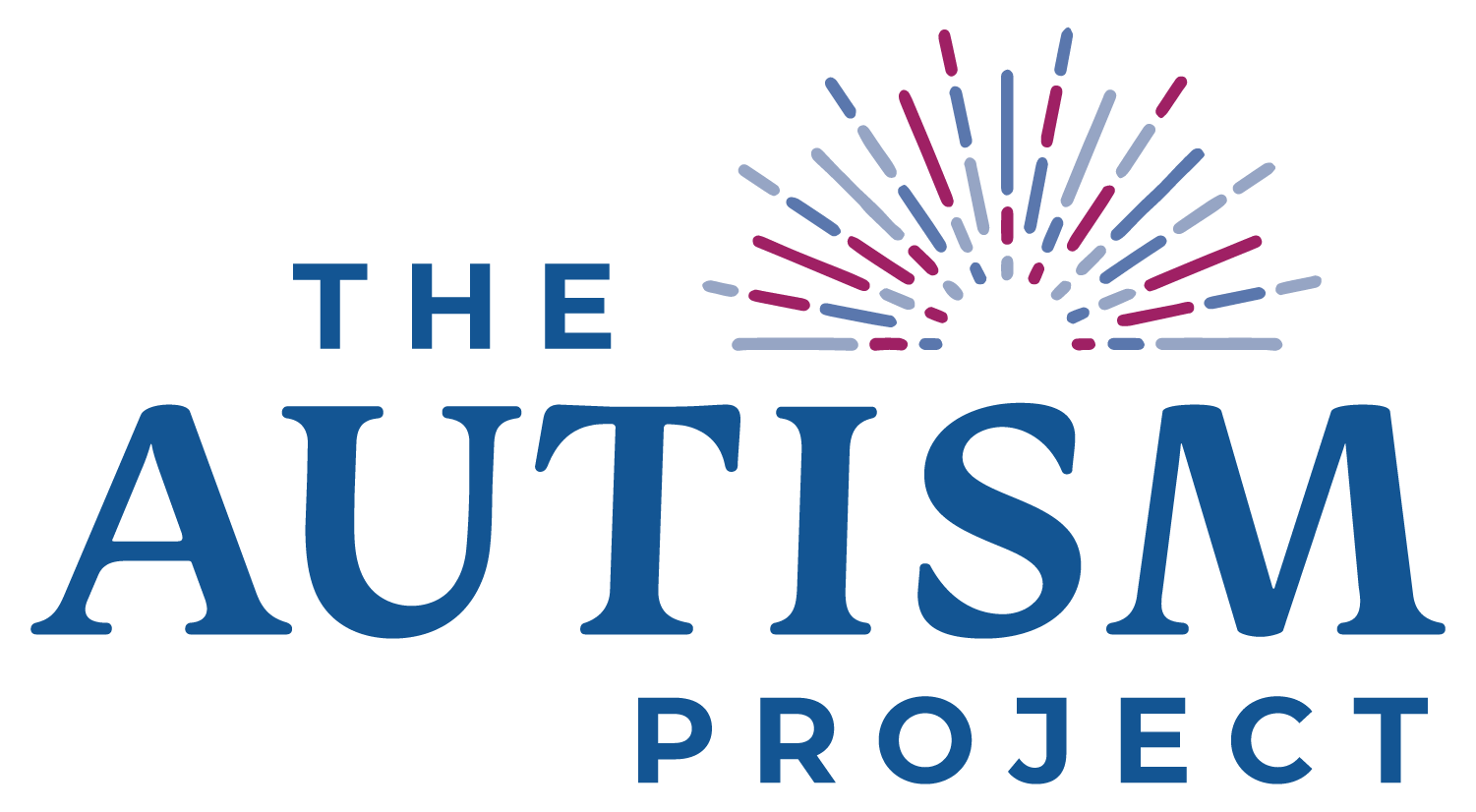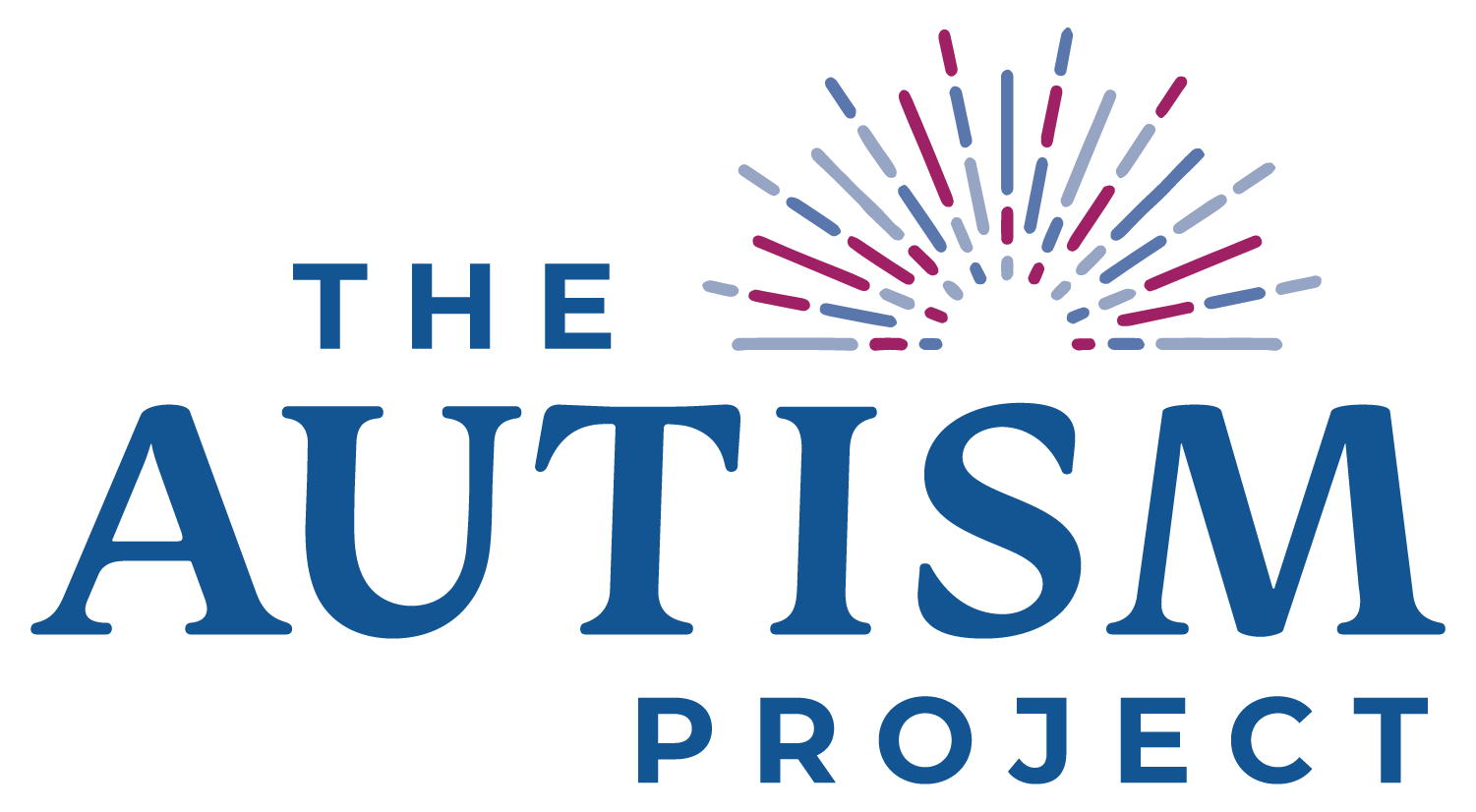Education is Intervention.
Funded through a grant from the Department of Justice, this initiative will raise awareness about possible causes of elopement and self-injury. We provide essential education to key members of the Rhode Island community on the characteristics of autism spectrum disorder and evidence-based strategies to support people and engage in more positive interactions at home, school, work and in the community.
The grant will provide training to family members and caregivers on the characteristics of autism, as well as strategies to keep autistic individuals safe. Additionally, TAP will host outreach events to bring first responders and families together in non-stressful times, add safety guidelines and protocols to the TAP website, design integrated outreach on social media platforms, add appropriate safety information to existing trainings, and much more.
The grant will also provide education, in-person and online training to first responders, teachers, SROs, clinicians and medical staff, and the public. Evidence-based training will be provided on best practices to prevent elopement. Additionally, the grant will provide visual packets for school staff, EMTs, and other first responders to use while engaging with individuals with autism across the lifespan
Did You Know...?
- Elopement occurs in about 49% of individuals diagnosed with autism spectrum disorder. (Kiely, Migdal, Vettam, & Adesman, 2016)
- Drowning accounts for 46% of all injury deaths among children with autism. (CNN, 2017)
- The most common locations from which children with autism ‘wander’ or ‘elope’ are their homes (74%), stores (40%), and schools (29%). (Anderson et al., 2012)
- Moreover, close calls with traffic injury were reported in 65% of all elopement cases… (Anderson et al., 2012)
Elopement
Elopement is the tendency for an individual to leave the safety of a responsible person's care or safe area by running off or leaving without permission
- Can also be referred to as wandering, bolting, fleeing, or running
- ASD wandering is usually a form of communication - an "I need", "I want", or "I don't know"
- Individuals with ASD could wander or bolt to get to something of interest, or away from something bothersome
- Holidays, vacations, transition periods, outdoor events, a recent move to a new home or school, and new environments may increase the risk of wandering
Skills that may be affected in an emergency
- Planning and organizing
- Expressing concerns, needs, or thoughts into words
- Managing emotional responses
- Integrating sensory information (seeking/avoiding input)
- Flexible thinking
- Controlling impulses
- Possible other co-existing conditions - anxiety, ADD/ADHD, tic disorder, seizures, sleep disorder, etc.
Visual Supports
Visual supports are used to communicate expectations in a very concrete manner. The visual representation of language supports comprehension for individuals with a communication challenge, difficulty processing language, or struggle to understand other people's language in a stressful situation.
It's important to remembers when speaking with anyone:
- Verbal expression does NOT equal comprehension
- Factors that may inhibit comprehension
- Distraction
- Sensory challenges
- Stress of anxiety
- Biological factors
Rhode Island Special Needs Emergency Registry
The information submitted to the Rhode Island Special Needs Emergency Registry is shared with local and state first responders and emergency management officials. Your information is held confidentially and only accessed to assist in your safety and well-being. Enrolling in the Special Needs Emergency Registry lets police, fire, and other first responders in your community better prepare for and respond to your needs during a hurricane, storm, or other emergency.
People who may need extra help during a time of emergency include people who:
- Use life support systems
- Have mobility disabilities
- Are visually impaired, blind, hard of hearing, or deaf
- Have speech, cognitive, developmental or mental health disabilities
- Use assistive animals or a prosthetic
References
- Anderson, C., Law, J. K., Daniels, A., Rice, C., Mandell, D. S., Hagopian, L., & Law, P. A. (2012, November). Occurrence and family impact of elopement in children with autism spectrum disorders. Pediatrics. Retrieved from https://www.ncbi.nlm.nih.gov/p...
- Kiely, B., Migdal, T. R., Vettam, S., & Adesman, A. (2016, February 4). Prevalence and correlates of elopement in a nationally representative sample of children with developmental disabilities in the United States. PloS one. Retrieved from https://www.ncbi.nlm.nih.gov/p....
- Scutti, S. (2017, March 21). Autistic kids 40 times more likely to die from injury, study says. CNN. Retrieved from https://edition.cnn.com/2017/0...




